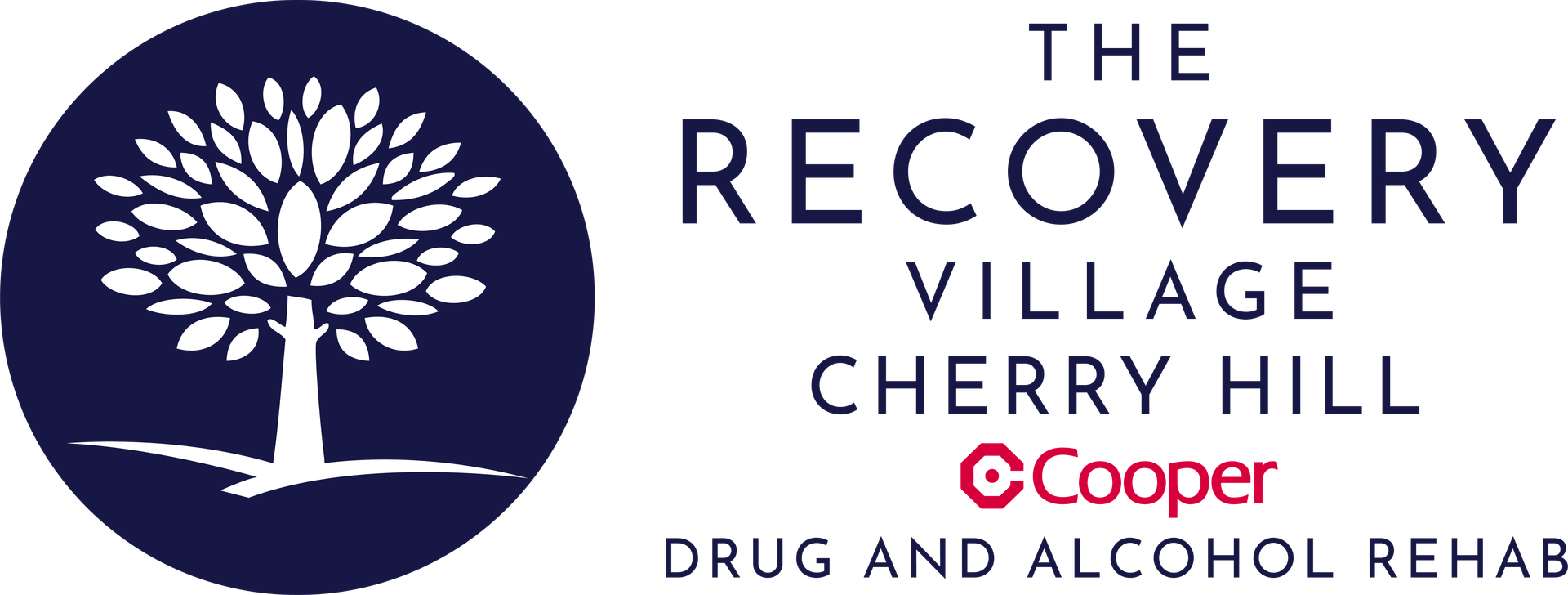The US Department of Veterans Affairs reports that among veterans of Operation Enduring Freedom/Operation Iraqi Freedom, 15% are currently dealing with PTSD, and 29% have encountered it at some point in their lives. With such significant numbers, finding effective treatments for veterans is critical. Journaling stands out as a beneficial practice during the recovery journey.
Advantages of Journaling for Veterans
Journaling serves as a therapeutic strategy for individuals experiencing symptoms of mental health conditions, including PTSD. It aids in the processing of traumatic events and stress. A particular study involving veterans revealed that journaling facilitated emotional expression, highlighted personal concerns, and fostered a feeling of empowerment. For veterans contending with the negative feelings tied to PTSD, journaling offers a means to reshape thoughts and inspire positive life changes.
Integrating Journaling with Professional Therapy
For veterans with PTSD, journaling is most effective when used alongside professional therapy. It provides a method for continuous healing beyond the therapy office, allowing veterans to apply therapeutic techniques to manage emotions through writing and then share these insights during subsequent therapy sessions.
Evidence suggests that expressive writing can diminish symptoms of anger, distress, and PTSD among veterans, making journaling a viable strategy for stress management and emotional regulation outside of therapy sessions.
Recovery Can Be Life Changing
Whether you or a loved one is struggling with addiction, our expert team is here to guide you every step of the way. Don’t wait— reach out today to take the first step toward taking control of your life.
“My life has became something that I’m proud of and something I can be grateful for.“
– Joseph McDermott, The Recovery Village Cherry Hill Alumni
Moreover, journaling serves as a confidential method to confront and articulate strong emotions. If discussing these emotions verbally is daunting, writing them down offers an alternative way to process them. Discussion with a therapist can then focus on insights gained from the journaling process.
Starting with Journaling: Guidance for Veterans
Beginning a journaling practice can seem overwhelming. Here are some suggestions to get started:
- Choose a tranquil environment to journal without interruptions
- Aim to write for 15–20 minutes, focusing on a challenging yet manageable traumatic event
- Write for your eyes only, ensuring your thoughts are kept private, and don’t stress over spelling or grammar
- Be prepared for potential emotional discomfort post-writing, recognizing that it’s a part of the healing process
Overcoming Journaling Challenges
While beneficial, journaling might initially bring emotional discomfort. Recognizing this as a temporary state and engaging in self-care activities post-journaling can help ease this discomfort. If journaling evokes overwhelming feelings, it’s important to seek support from a therapist, counselor, or a trusted individual.
Encountering a block in what to write is common. Allowing thoughts to flow freely on paper, focusing on the emotions and thoughts surrounding the traumatic event, can help move past this hurdle.
Journaling Topics for Veterans
Veterans can explore a variety of topics in their journals, such as:
- Reflections on traumatic or stressful experiences
- Expressions of grief and loss
- Recognition of personal resilience and strength
- Making sense of traumatic experiences
- Adjustments from military to civilian life
Writing about these topics can offer veterans a meaningful outlet for their deepest reflections and emotions.
Beyond PTSD: The Wider Benefits of Journaling
While particularly beneficial for managing PTSD symptoms, journaling also aids in addressing depression, anxiety, relationship endings, bereavement, and other life stressors.
Journaling as an Adjunct, Not a Replacement
Although a valuable therapeutic tool, journaling should complement, not replace, professional mental health treatment. Engaging in journaling while receiving professional guidance is ideal, especially for those dealing with PTSD symptoms that interfere with daily functioning.
Exploring Treatment Options: Advocating for Veteran Well-being
Veterans facing PTSD and/or addiction deserve access to comprehensive treatment tailored to their unique needs, encompassing therapy, medication management, and support groups.
The FORTITUDE Specialty Track for Veterans
The Recovery Village offers the FORTITUDE program, designed specifically for veterans dealing with addiction and co-occurring mental health conditions like PTSD and depression. This program includes specialized support groups for veterans and first responders, ensuring veterans receive the focused care they need.




